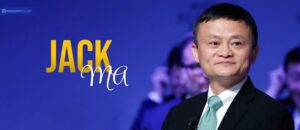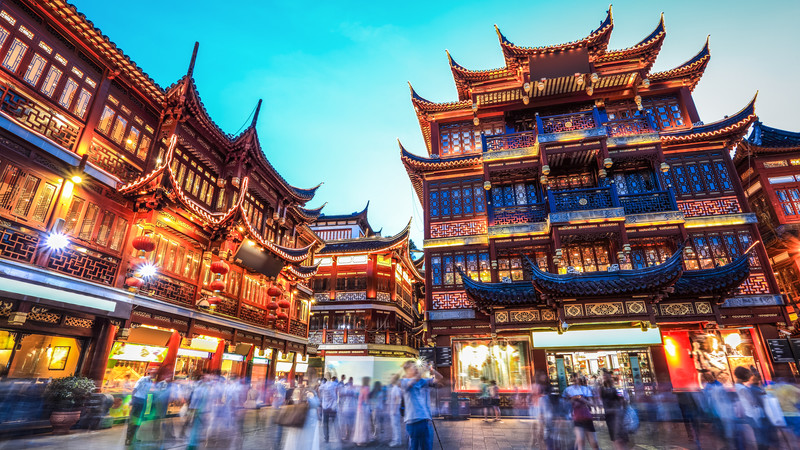China’s rapid economic growth over the last few decades has largely been fueled by its entrepreneurs and billionaires. While the country proudly claims to be a communist state, the economic reality on the ground tells a different story. A report by a state mouthpiece references the “50-60-70-80” combination, highlighting just how integral the private sector is to China’s economy.
China’s private sector is responsible for:
- 50% of the country’s tax revenue,
- 60% of its GDP,
- 70% of its technological innovation,
- 80% of its urban employment.
These numbers reveal a capitalist engine driving much of China’s growth. Yet, despite this undeniable contribution, the Chinese government continues to exert strict control over its business elites, often making examples out of those who step out of line.
Beijing’s Tight Grip: The Downfall of Bao Fan and Renaissance Holdings

One striking example is Bao Fan, the founder of boutique investment firm, Volt Renaissance Holdings. Once a dominant force in Chinese investment, the company facilitated mega mergers and high-profile IPOs. However, its fortunes crumbled when Beijing got involved.
In February 2023, Bao Fan mysteriously disappeared. It was later revealed that he was under investigation by Chinese authorities. His disappearance coincided with a freeze on Renaissance Holdings’ shares, and the company quickly spiraled. Share prices plummeted by as much as 73%, and the once-mighty investment firm struggled to regain its footing.
A forced $11 million payment to the Chinese government and a series of resignations, including Bao Fan’s, further crippled the company. By the time Renaissance Holdings resumed trading, it was a shadow of its former self. The story of its collapse is all too familiar in China.
The Fate of Sun Dawu: A Pig Farmer’s Rise and Fall
Sun Dawu, another Chinese entrepreneur who made his fortune in pig farming, met a similar fate. In 2021, Sun was convicted on charges ranging from “picking quarrels” to inciting attacks against state agencies. The charges seemed suspiciously aligned with his criticism of the Chinese Communist Party.
Despite being an outspoken critic, Sun had managed to survive for years before his arrest. Now, at 70 years old, he is serving an 18-year prison sentence—essentially a life sentence. His crime? Speaking up against a regime that has no tolerance for dissent, even from those who contribute significantly to the economy.
Jack Ma: China’s Most Famous Billionaire Silenced

Perhaps the most famous example is Jack Ma, the founder of Alibaba and once the face of China’s entrepreneurial spirit. In October 2020, Ma openly criticized China’s financial system, a bold move that quickly led to his disappearance for three months. When he reappeared, his company had been fined a staggering $2.8 billion by Chinese authorities. Since then, Ma has kept a low profile, a clear signal that even the most influential business figures in China are not immune to Beijing’s crackdown.
Ren Zhiqiang: The Real Estate Mogul Who Criticized Xi Jinping
Ren Zhiqiang, a former real estate tycoon, also faced a harsh fate after criticizing the Chinese government’s handling of the COVID-19 pandemic. Ren was convicted of corruption and sentenced to 18 years in prison, a common outcome for those who dare challenge Xi Jinping’s authority.
The Larger Picture: Is Anyone Safe in China?
These high-profile cases reveal a troubling trend: anyone who gains enough influence in China—whether entrepreneurs, actors, athletes, or even government officials—risks becoming a target. Foreign companies are also wary of doing business in China, understanding that if homegrown businesses aren’t safe, foreign enterprises stand even less of a chance.
While China’s private sector is vital to its economic success, Beijing continues to make examples out of those who challenge the status quo. Under Xi Jinping’s leadership, business leaders who speak out risk losing everything, including their freedom.
Conclusion: China’s Double-Edged Sword
China’s approach to its billionaires and entrepreneurs is paradoxical. On the one hand, they are the “golden geese” driving the country’s economic growth. On the other hand, they are also convenient scapegoats whenever Beijing feels the need to reassert its control. For those bold enough to criticize the government, the outcome is predictable: they either disappear, are imprisoned, or are forced into silence.
As China’s economy becomes increasingly complex, the world watches how long this delicate balance between capitalism and authoritarianism can sustain itself. The question remains: Will China’s private sector continue to thrive, or will its brightest stars be snuffed out by political repression?





